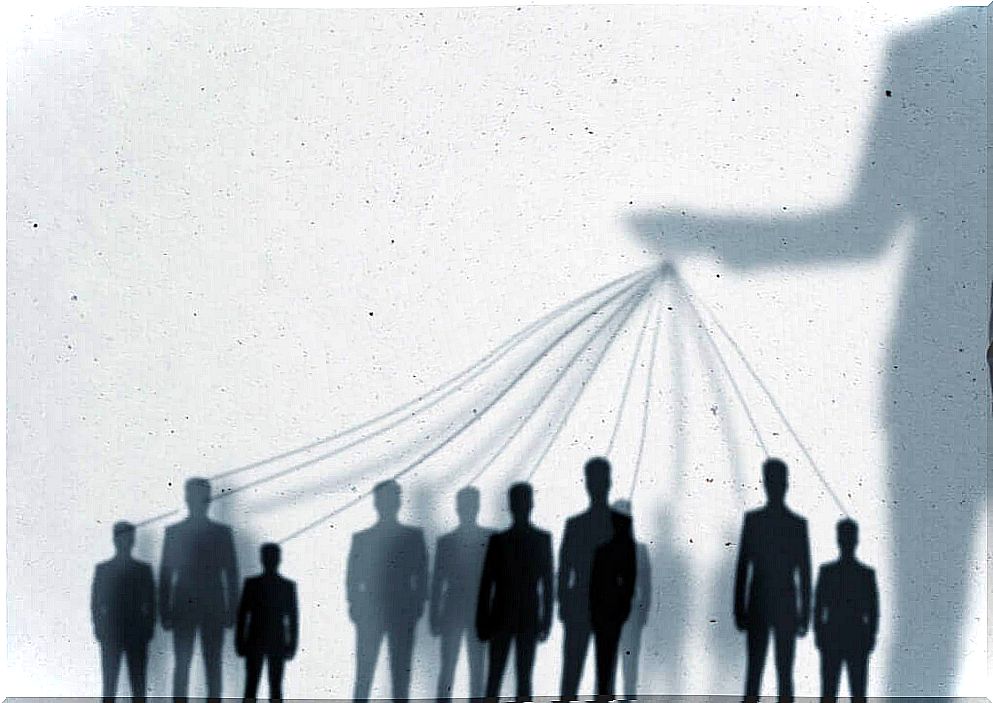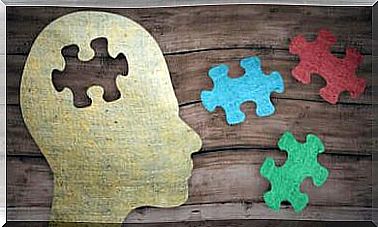The 6 Models In Political Psychology

There are several models in political psychology because this area is one of the most controversial. There are several reasons for this. First, it is an area in which many disciplines converge. The predominant incidence of one or the other determines the different models.
Another reason there are so many models in political psychology is politics itself. This field of knowledge implies taking a position in the analysis of power. This gives rise to different perspectives which, in turn, become models of analysis.
Finally, this branch of knowledge does not avoid the contrast implied by the existence of various schools and currents in psychology. Consequently, this factor also brings nuances in the way of approaching political phenomena. The six models of political psychology that we will see later emerge from all of this.

1. Liberalist-critic
It is one of the models of political psychology which, as the name suggests, views power from a critical perspective. It appeared in Latin America in the 1980s, under the direction of Martín Baró. This model is based on the idea that political phenomena must be approached in terms of the search for social transformations.
The object of study, namely power and political activities, is analyzed from the point of view of oppressed groups – in their specific context and with the aim of sensitizing social actors to the actions of power.
2. Psychopolitics of collective psychology
This model appears as a field which, along with social psychology, belongs to a much larger field of knowledge, called collective psychology. He was also born in Latin America, by the hand of Fernández Christtieb.
This perspective proposes the analysis of political phenomena as systems of expression and interpretation of reality. Through these systems experiences, objects and events are created and discovered which are endowed with meaning and together constitute collective political reality.
3. Rhetoric-discursive
It is one of the most recent models of political psychology, which originated from the constructionist school. This school of thought essentially asserts that reality resides in the language that constructs it. It is shaped by the processes of naming, decoding, explaining and attributing meaning.
In the rhetorical-discursive model, political psychology should study the construction and function of political discourse. This is where we find the reasons, justifications, causes and effects of political behavior. The political act is an act of speaking.
4. Psychohistoric, one of the models of political psychology
It is a model which aims to unite Marxism and psychoanalysis in the study of political phenomena. Its driving force was Wilhelm Reich, who proposed the concept of “Freudomarxism”. From this perspective, the historical factor is essential for understanding the political processes of individuals and societies.
The analysis of political events is developed on the basis of historical documents of individuals and groups. The analysis of psychobiographies is a central element of this approach. Indeed, the central idea of these models is that psychological phenomena influence the development and characterization of political groups and movements.
5. Rationalist
Of all the models of political psychology, this is the one that is closest to the cognitive-behavioral stream, being particularly important in countries like the United States. While there are different approaches within this perspective, what they have in common is that they view political behavior as the result of reasoned actions.
It follows from this the idea that political actions come from conscious motivations, from the process of comparison, evolution and decision-making. Political behavior is oriented towards the search for balance, consistency and adequacy with the social context in which it is produced.

6. Materialist
This approach, like the psychohistorical approach, is based on the idea that historical facts are fundamental to understanding political phenomena. Here too, it is assumed that the socio-economic determines collective life and, consequently, politics. In addition, this model attaches great importance to the study of the processes of ideology and alienation. They believe that these are always associated with specific interests and that they help to maintain inequalities in society.
We can say that all these models of political psychology are in their infancy. Born in the second half of the 20th century, they have been shaped and enriched over time, but they are still under construction.










